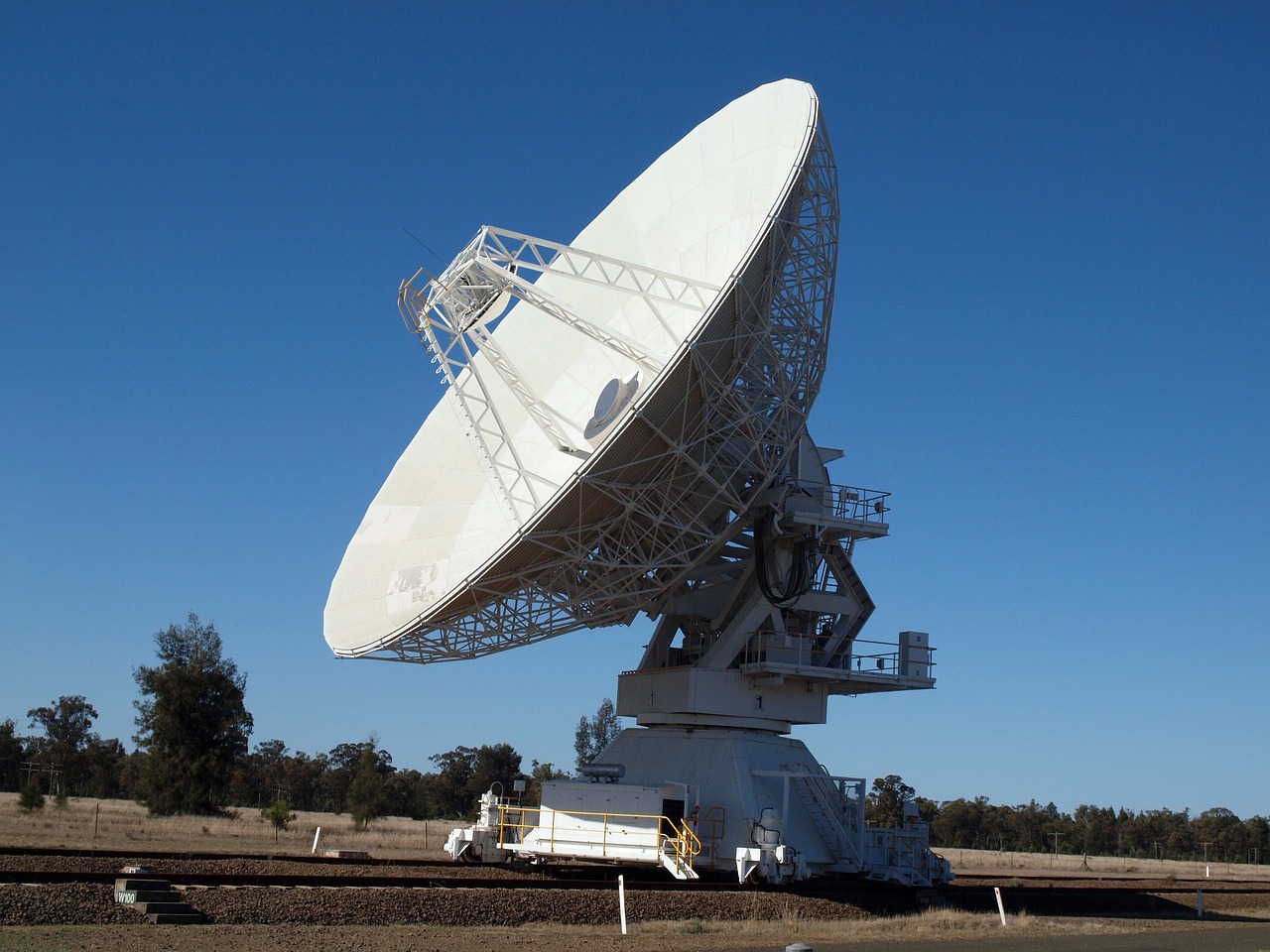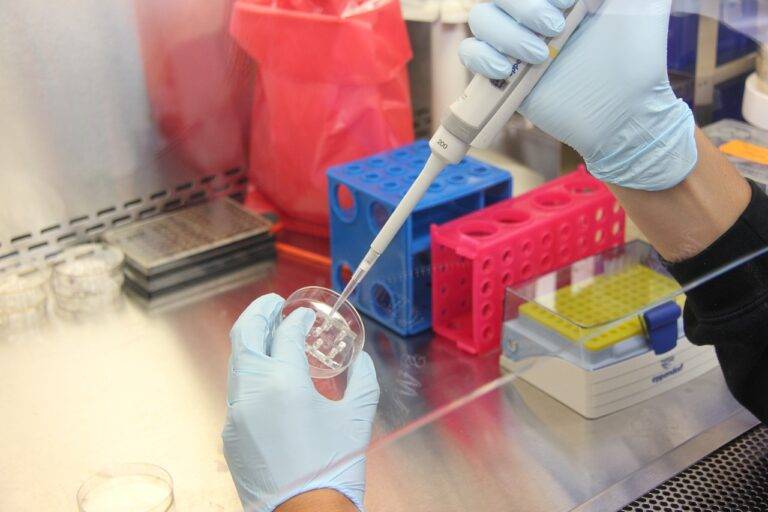The Potential of Blockchain in Tracking Sustainable Seafood Production
Blockchain technology has been gaining traction in the seafood industry due to its ability to enhance transparency and traceability throughout the supply chain. By utilizing blockchain, seafood companies can accurately track the journey of each product, from its origin to the consumer’s plate. This increased transparency helps build trust among consumers and allows them to make more informed choices about the seafood they purchase.
Moreover, blockchain technology can also help in combating issues such as illegal fishing and seafood fraud. By recording every transaction on an immutable and decentralized ledger, it becomes easier to verify the authenticity of seafood products and ensure that they have been sourced through legal and sustainable practices. This not only benefits the consumers by providing them with ethically sourced seafood but also helps in promoting sustainability in the seafood industry as a whole.
Challenges in Ensuring Sustainability in Seafood Production
The sustainability of seafood production is a pressing issue facing the industry today. With an increasing global demand for seafood, there is a growing concern about the environmental impact of overfishing and unsustainable practices. This has led to heightened scrutiny on the methods used in seafood production to ensure that they are in line with sustainable practices.
One of the key challenges in ensuring sustainability in seafood production is the lack of transparency in the supply chain. Without clear visibility into where and how seafood is sourced, it becomes difficult to monitor and regulate the industry effectively. This opacity can lead to illegal and unregulated fishing practices, contributing to the depletion of marine resources and harming the ecosystem.
What is blockchain technology and how does it impact the seafood industry?
Blockchain technology is a decentralized, distributed digital ledger that enables secure and transparent transactions. In the seafood industry, blockchain can be used to track the entire supply chain process, from catching to consumer, ensuring traceability and authenticity of the product.
What are some challenges in ensuring sustainability in seafood production?
Some challenges in ensuring sustainability in seafood production include overfishing, bycatch, habitat destruction, pollution, climate change, and lack of effective regulations and enforcement.
How can blockchain technology help address sustainability challenges in seafood production?
Blockchain technology can help address sustainability challenges in seafood production by providing a transparent and immutable record of each step in the supply chain, allowing for better traceability, accountability, and verification of sustainable practices.
What are some potential benefits of implementing blockchain technology in the seafood industry?
Some potential benefits of implementing blockchain technology in the seafood industry include improved traceability, reduced fraud and mislabeling, increased consumer trust, better compliance with regulations, and enhanced sustainability practices.
How can stakeholders in the seafood industry work together to overcome sustainability challenges?
Stakeholders in the seafood industry can work together by implementing sustainable fishing practices, reducing waste, promoting ethical sourcing, supporting marine conservation efforts, investing in technology like blockchain, and educating consumers about the importance of sustainability.





